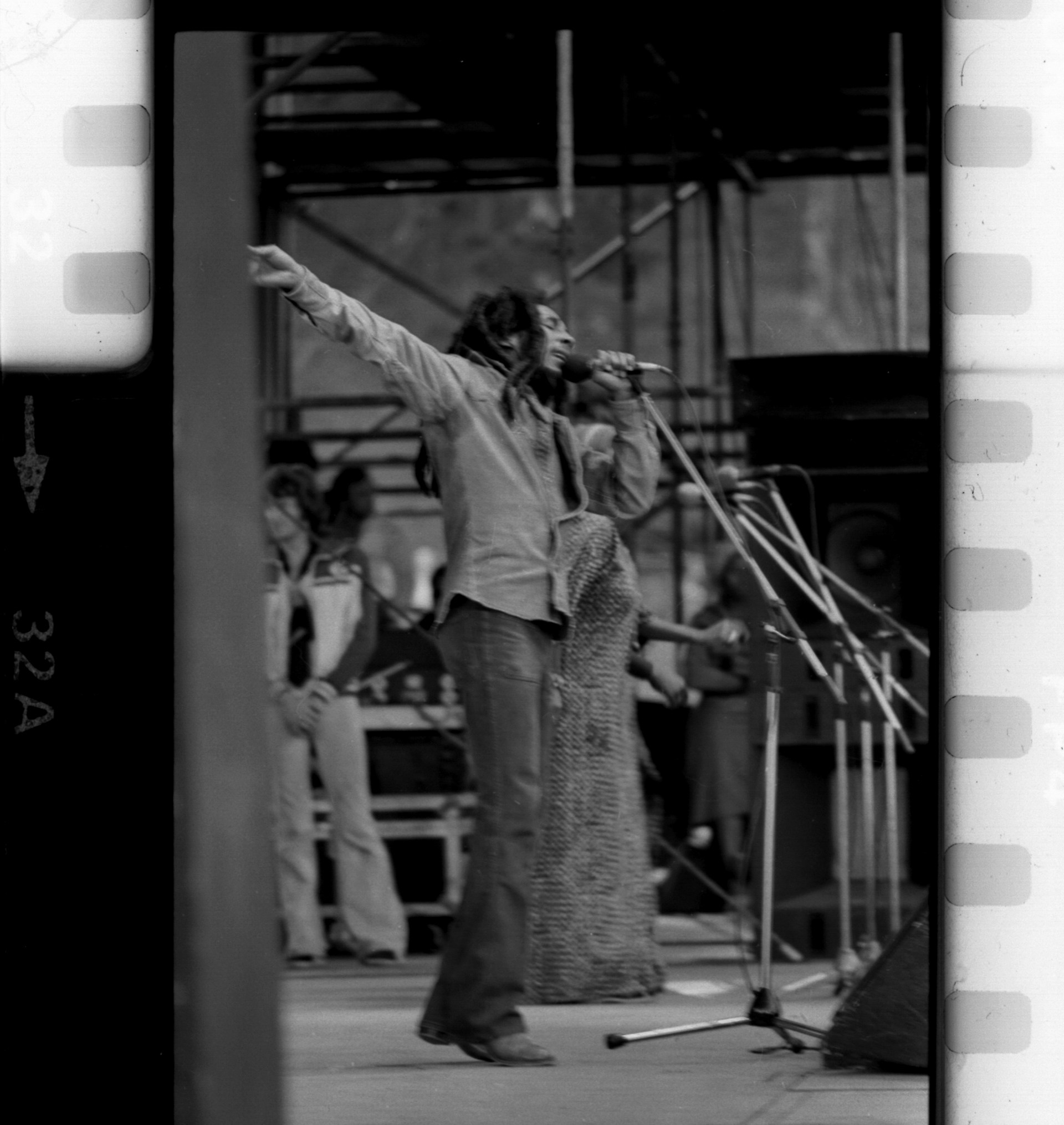By Jared Saavedra / Asst. Opinions Editor

Franklin Graham – Son of Evangelist Billy Graham. ( Billy Graham Evangelistic Ministry)
By Jared Saavedra / Asst. Opinions Editor
You’re next, National Chip and Dip Day.
Anyone who has kept a close watch on the frequency of prayer in America would have noticed a blemish in the holiday calendar.
“Religious diversity” has probably always been around since the inception of this country, but today it’s, well, much more diverse. Actually, it has grown so diverse that controversy has settled uneasily about this year’s National Day of Prayer.
Franklin Graham, son of evangelist Billy Graham, has perhaps seen the worst of it.
He was asked to step down from leading prayer at the Pentagon for his divisive remarks about Islam.
To add, the National Day of Prayer was temporarily “unconstitutional” by U.S. district Judge Barbara Crabb.
Graham, also president of relief organization Samaritan’s Purse spoke of this directly to President Obama, who said he would look into it.
The Obama administration is appealing to the decision.
The schism over Graham has marked an integral moment in America’s history: when all religions are equalized.
To say the rejection is an attempt to “separate church and state” is an oversimplification. In fact, to reject Graham in a way was to protect the integrity of Islam: not separate church and state.
Living in a federal democracy already assumes religion, for most people serving in government offices have some kind of religious background.
Nevertheless, to make room for all religions incurs to strengthen some and weakening others.
According to polls, most of America identifies with Christianity, but “most,” of course, does not quite denote a “Christian nation.”
Thus, to allow for non-Christians, Graham, with a majority of the American population, was asked to take a step down. Perhaps not all Christians would agree with Graham, but that is estimation.
For a nation to concede to other religions would have several implications.
It can mean tolerance—or equality. Tolerance and equality are not synonymous.
People might “tolerate” broccoli, but most never equate it with chocolate.
In the same way, to equalize all religions is inevitably restrictive. Putting all religions on a bumper sticker does not empower anyone: it stifles tolerance.
Why would anyone want to believe something that is just the same as anything else?
Perhaps the same reason people try worshipping at different places every weekend.
Are people still serious about “religion?” Or has it taken a back seat to coffee shop conversation?
“There was much pleasant conversation about the news of the day … while religion, though indubitably the main thing at heart, was thrown tastefully into the background,” Nathaniel Hawthorne once said.
Some polls indicate that, while most Americans are professing Christians, most are uncertain of what they believe.
It may sound narrow-minded, but they will reach a dead-end before too late. Doctrines eventually contradict somewhere.
Therefore, to bring up someone who is “religiously diverse” for the National Day of prayer is to have someone who really isn’t religious.
The equivocal “Big Guy Upstairs” might as well be Ronald McDonald.
People naturally contradict each other. But the conflicts are rarely brought to a head. People don’t normally carry differences on their shoulders and argue all day whether pepperoni or olive is better.
Yet who wouldn’t acknowledge the differences between given opinions? Trying to create unity of diversity negates diversity.
The division over Graham’s specific situation struggles with the audacity to label another’s belief’s as “wrong.”
Hence, the division is over the conflict of religion.
Religion is a set of beliefs, moral practices, and writings, and its endpoint is a proper way of life, and death.
And today, opinions are perhaps more integrated than they ever were.
It is no surprise, moreover, to the American, that significantly more religions are accepted today than a century ago.
Nevertheless, with the incorporation of numerous religions, conflict is unavoidable, assuming dogmatism.
Politically, accounting for every person’s system of beliefs creates an unstable state. Now, it’s difficult for many to disassociate religion with violence.
To grant any belief a voice is to grant it power. Yet, paradoxically, equalizing it devalues it.
Tolerance of other religions accepts a certain amount of differences, but equality of all religions seems to set up opposing forces. Graham is merely doing his job.
The undertow that constant diversity could create is disastrous. We allow religious freedom. Religious firmness has become confined.
As for the National Day of Prayer, it shouldn’t be relinquished. It’s not unconstitutional.
The phrase “separation of church and state” isn’t in the constitution. Actually, the state can’t prohibit it or mandate it. It’s not separate; it’s independent.
Religion and state can exist together quite peacefully, despite debate and disagreement.
Karl Marx said that religion was the opiate of the masses. Who knows what he would say if he saw equality?









